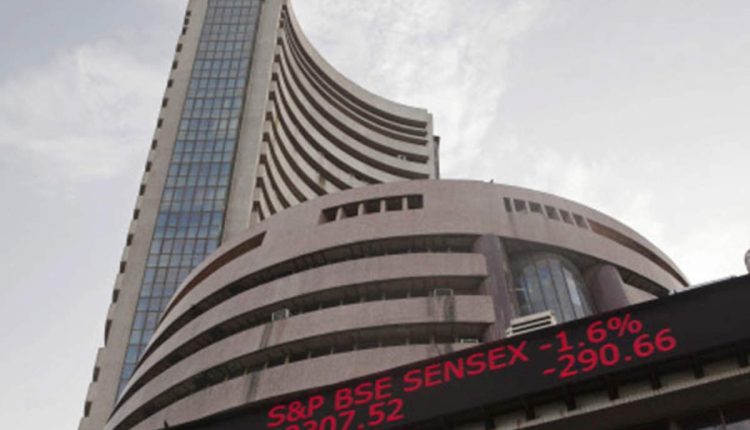A Powerhouse in Progress
As someone deeply entrenched in the world of equities, I’ve witnessed firsthand how the Indian stock market has transformed not just portfolios but the very economy of the nation. From humble trading floors to sophisticated digital platforms with real-time global access, the evolution is nothing short of spectacular.
But beyond the numbers, profits, and ticker symbols, the stock market plays a crucial role in nation-building. Let’s dive into why the Indian stock market is not just important—but indispensable.
1. Capital Formation for Economic Growth
At its core, the stock market is a bridge between investors and businesses. It provides a platform where companies—large and small—can raise capital through equity or debt instruments.
Whether it’s a tech startup in Bangalore or a manufacturing giant in Gujarat, access to the capital markets helps businesses grow, hire more people, and contribute to GDP. This process, known as capital formation, is critical to powering India’s $5 trillion economy dream.
2. Wealth Creation for Individuals
The stock market has been one of the most effective tools for long-term wealth creation. Historically, indices like the Nifty 50 and Sensex have delivered returns that outpace inflation, real estate, and even gold over long durations.
More importantly, retail participation is growing—especially through SIPs (Systematic Investment Plans), mutual funds, and direct equity trading. This democratization of wealth is turning middle-class Indians into smart investors.
As an expert, my mantra has always been: “Invest early, stay patient, and let compounding do its magic.”
3. Indicator of Economic Health
Markets are often referred to as a barometer of the economy. Stock indices reflect investor sentiment and expectations about future corporate earnings, political stability, global events, and monetary policies.
For instance:
-
A rising market often signals confidence in future growth.
-
A sharp fall may indicate economic uncertainty or policy gaps.
Professionals and policymakers track the market closely to gauge the pulse of the economy.
4. Attracting Global Investments
India is among the most attractive emerging markets for Foreign Institutional Investors (FIIs). With reforms like GST, digital transformation, and ease of doing business, India has become a hotspot for global capital.
Foreign inflows not only strengthen the rupee but also bring credibility and transparency into domestic markets. As an expert, I believe maintaining market depth and integrity is key to sustaining this global interest.
5. Boosting Financial Literacy and Inclusion
The surge in Demat accounts—especially post-2020—signals a shift toward financial awareness. With platforms like Zerodha, Groww, and Upstox simplifying investing, more young Indians are learning the value of financial planning.
From tier-1 cities to small towns, the stock market is becoming part of the mainstream financial conversation—something we never saw a decade ago.
6. Regulated and Transparent Ecosystem
Unlike unorganized sectors or speculative instruments, the Indian stock market is heavily regulated by the Securities and Exchange Board of India (SEBI). This ensures:
-
Fair practices
-
Protection of retail investors
-
Timely disclosures
-
A level playing field for all
As a market expert, I trust this robust regulatory framework to ensure sustainable and ethical growth in market participation.
7. Contribution to National Development
Market-based funding helps the government reduce dependency on fiscal deficit. Moreover, initiatives like:
-
Disinvestment of public sector units (PSUs)
-
Initial Public Offerings (IPOs)
-
Infrastructure Investment Trusts (InvITs)
are channeled through stock exchanges, which directly or indirectly support national development and infrastructure growth.
The Road Ahead: India’s Market in Global Context
India is set to become the third-largest economy in the next decade. With initiatives like Make in India, Digital India, and a vibrant startup culture, the stock market will remain at the center of this transformation.
We’re already seeing:
-
Increased participation from millennials
-
Rise in ESG (Environmental, Social, Governance) investments
-
Strong domestic institutional investors balancing global volatility
The Indian stock market isn’t just surviving—it’s thriving.
Final Thoughts from a Market Veteran
Having been a part of the Indian stock market ecosystem for years, I can say this with conviction:
The stock market is not a casino. It’s a platform for dreams—of entrepreneurs, investors, and an entire nation.
Whether you’re a retail investor with a few thousand rupees or a fund manager handling crores, the opportunities are immense. But as always, the key is informed investing, discipline, and a long-term view.


Comments are closed.